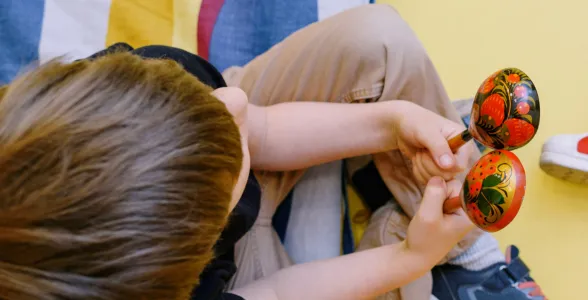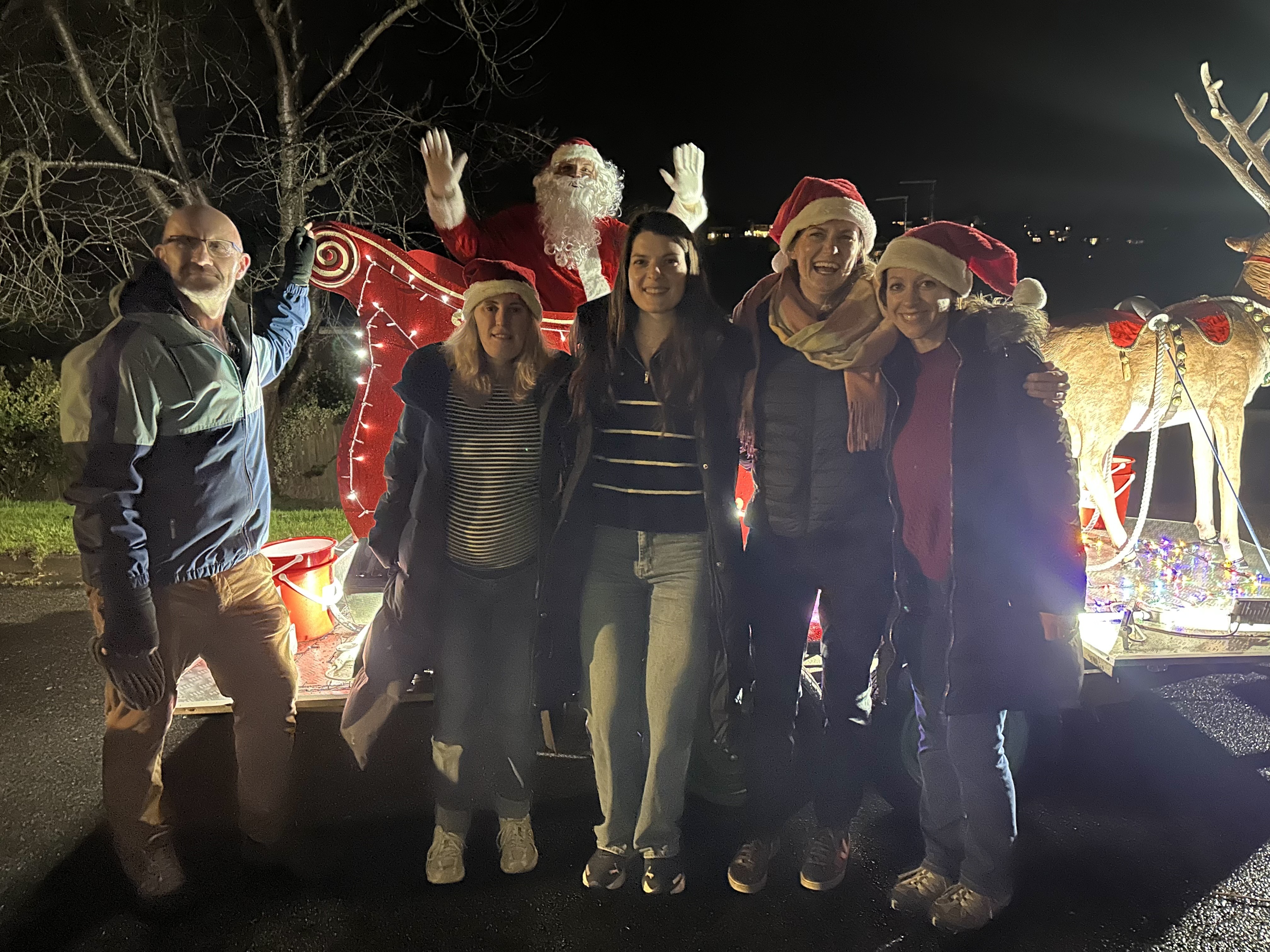
Creating Connection Through Online Music Groups: An Interview with Alice
Music has the power to bring people together, create connection, and support wellbeing in meaningful ways. At Chiltern, our team explores different ways of making this possible, both in-person and online. We spoke with our Music Therapist, Alice (they/she), about their experience running weekly online music groups in partnership with Meridian Wellbeing. In this interview, Alice reflects on working with diverse communities, the flexibility of online sessions, and some of the moving moments that emerged when people came together through music.
Could you tell us more about the group you ran online (who, what, when, where)?
I ran weekly online music groups in partnership with Meridian Wellbeing (formerly the Chinese Mental Health Association) during lockdown. They approached Chiltern Music Therapy to support adults from migrant backgrounds who were struggling with isolation and mental health. I led two groups over 12 weeks: one for general wellbeing, and another more structured group for those with specific mental health needs. Sessions took place on Zoom and were designed to be flexible for people working from home or looking after children.
How did you navigate working with people who speak English as an Additional Language (EAL)?
Most people spoke some English, but not all. We used the Zoom chat and Google Translate, and I encouraged people to write in their first language if they preferred. Some never spoke or typed much, which was completely fine. I didn’t push anyone to talk. Visual aids also helped – shared screens made activities more accessible without needing lots of verbal explanation.
What worked well?
The flexibility of the online format was key. One group was open and informal, the other more structured — eventually, they merged, as some wanted to attend both. We did check-ins and check-outs using a visual mood scale, which helped everyone feel acknowledged, without pressure to speak. Sharing music, playlists, and visual prompts also worked really well.
Was the online platform accessible for all members?
Yes, Zoom worked well. I used Zoom Premium with a recurring link to keep it simple. Participants could choose to have their cameras and mics on or off. Many started with cameras off and used the chat instead. Over time, some chose to show their faces or speak more, but I left that completely up to them.
Was there a particular activity or key moment you can share?
In the structured group, we co-wrote a song based on Nina Simone’s “I Wish I Knew How It Would Feel To Be Free.” Everyone contributed their own “I wish” lines, and I recorded the final version. They were really proud not just of their writing and expressing their feelings, but of how they had worked together productively to create something new.
If you ran a similar group in the future, would you consider doing it online? Why?
Definitely. The online setting gave people the freedom to engage in their own way — whether just listening or actively taking part. It also made the group accessible across locations, which wouldn't have been possible in-person.
Did you get any feedback about your group you’d like to share?
“My ‘hope for today” was fulfilled in the group session. The groups are relaxed, and the therapist gathers everybody’s feelings to them”
“I felt happy at the start of today’s session, but I feel even happier at the end. I wish there were more sessions!”
“I felt accepted by the group, not judged”
“I really enjoyed the warm-ups”
“It’s a magical experience”
Support our Work
Help us to provide Music Therapy to the most vulnerable and isolated members of our society
Donate here

.webp)


.png)